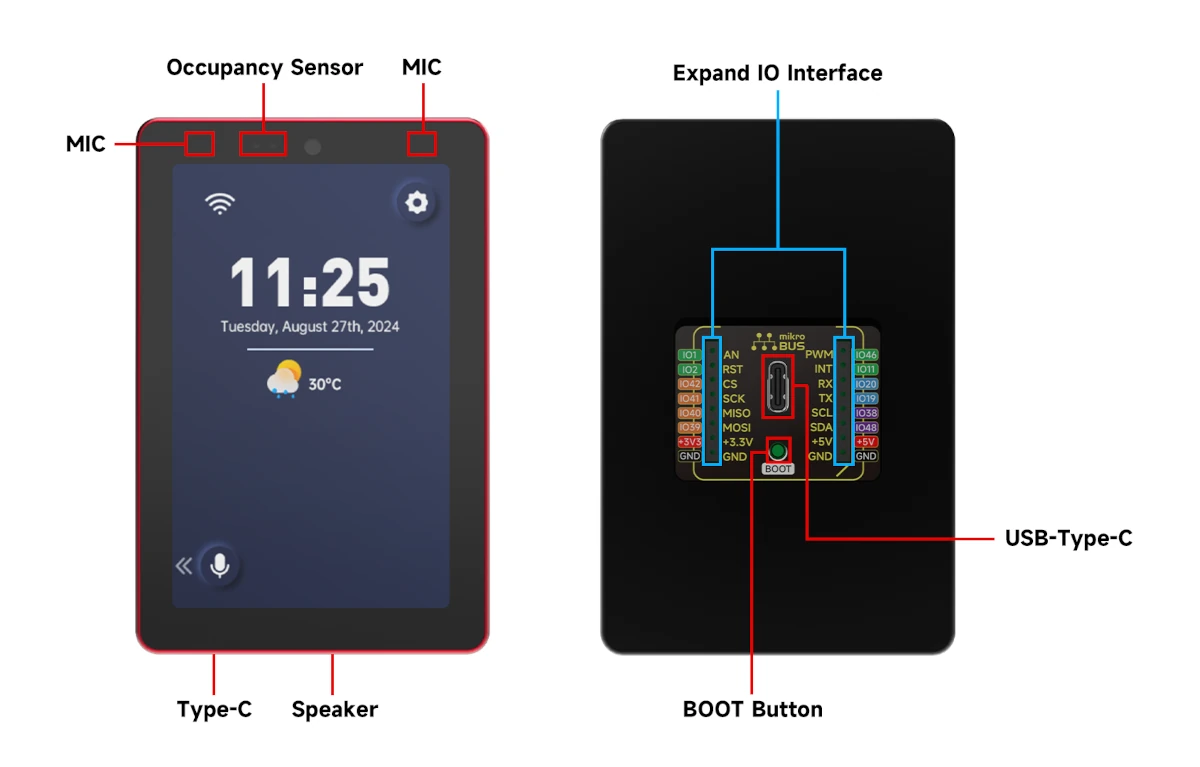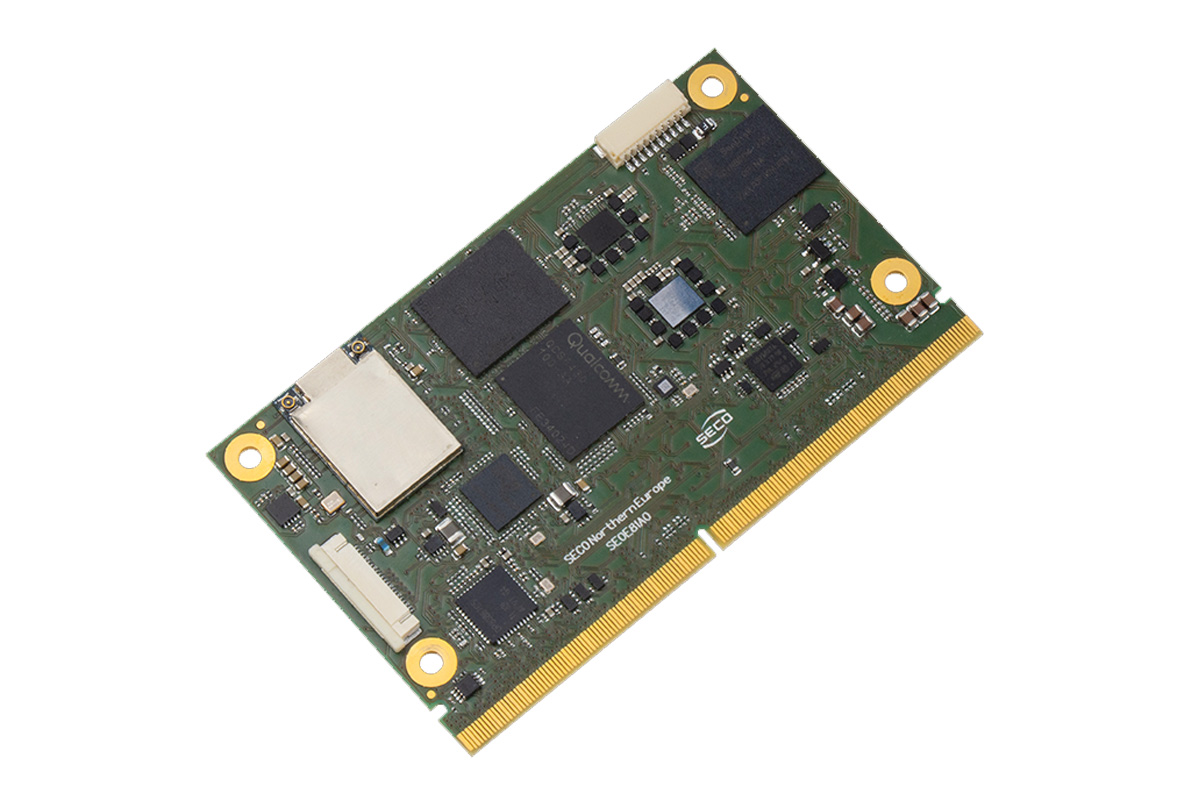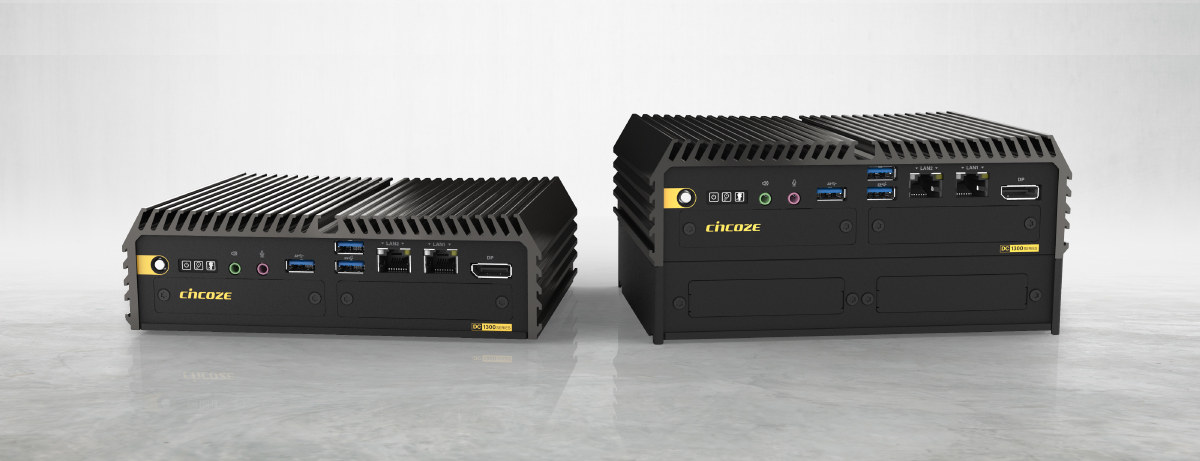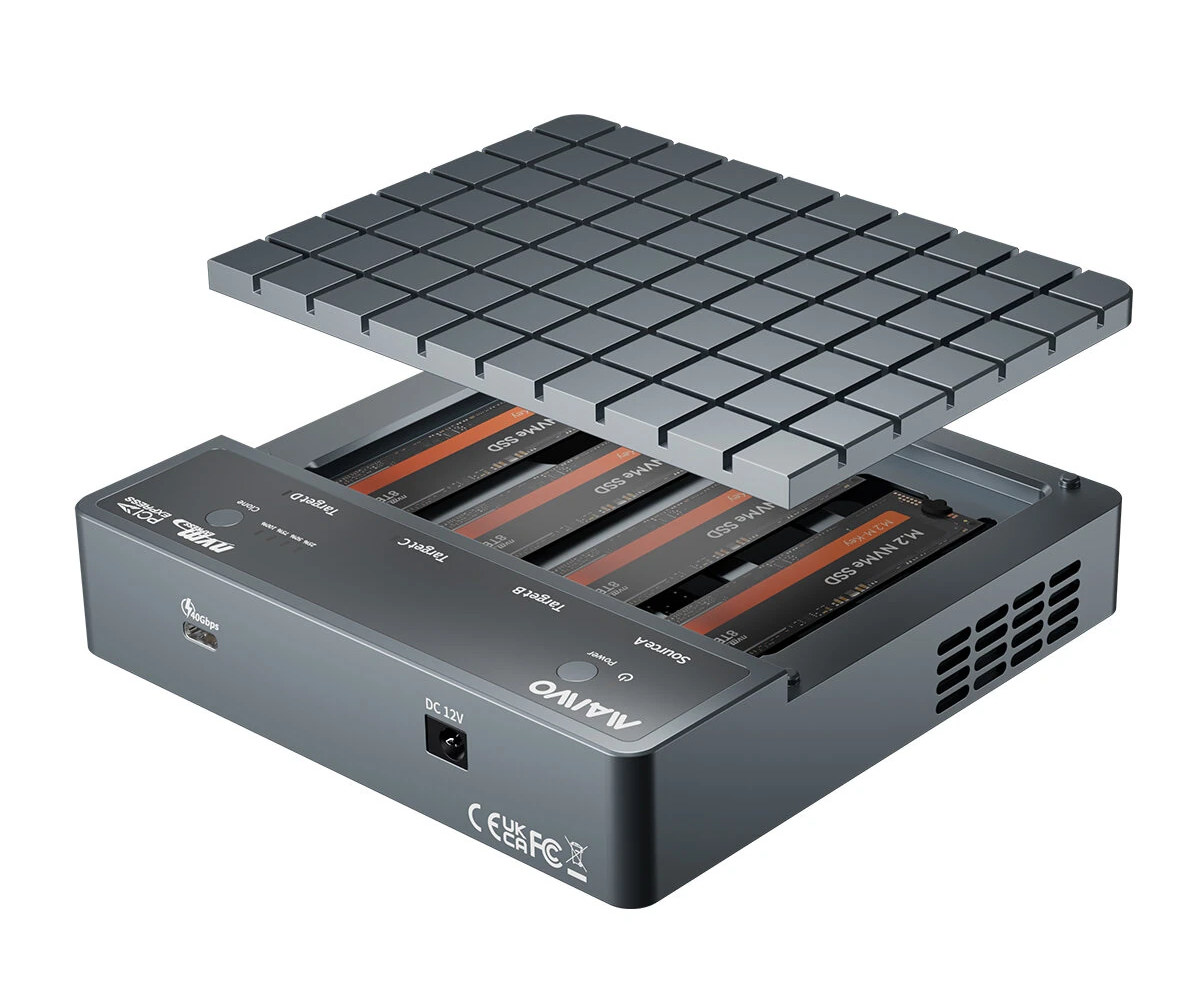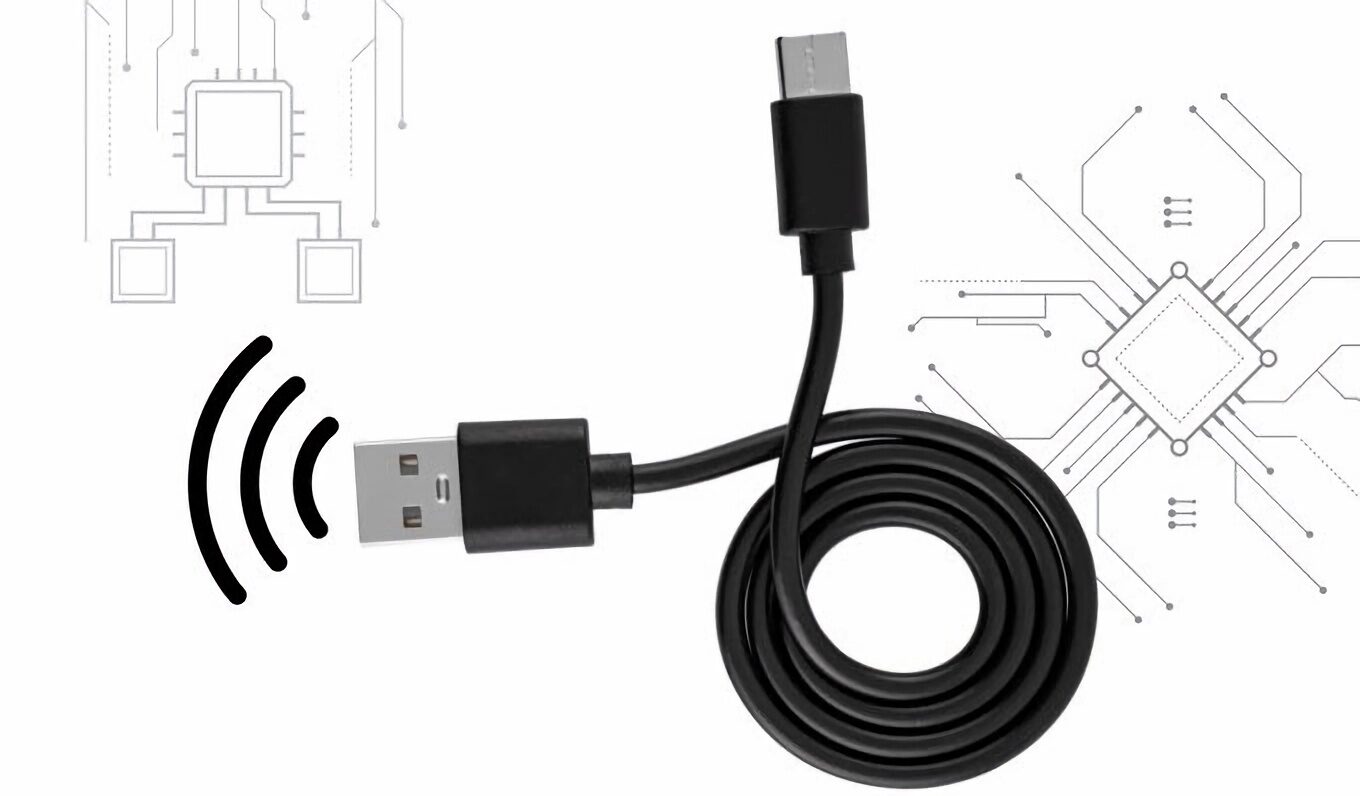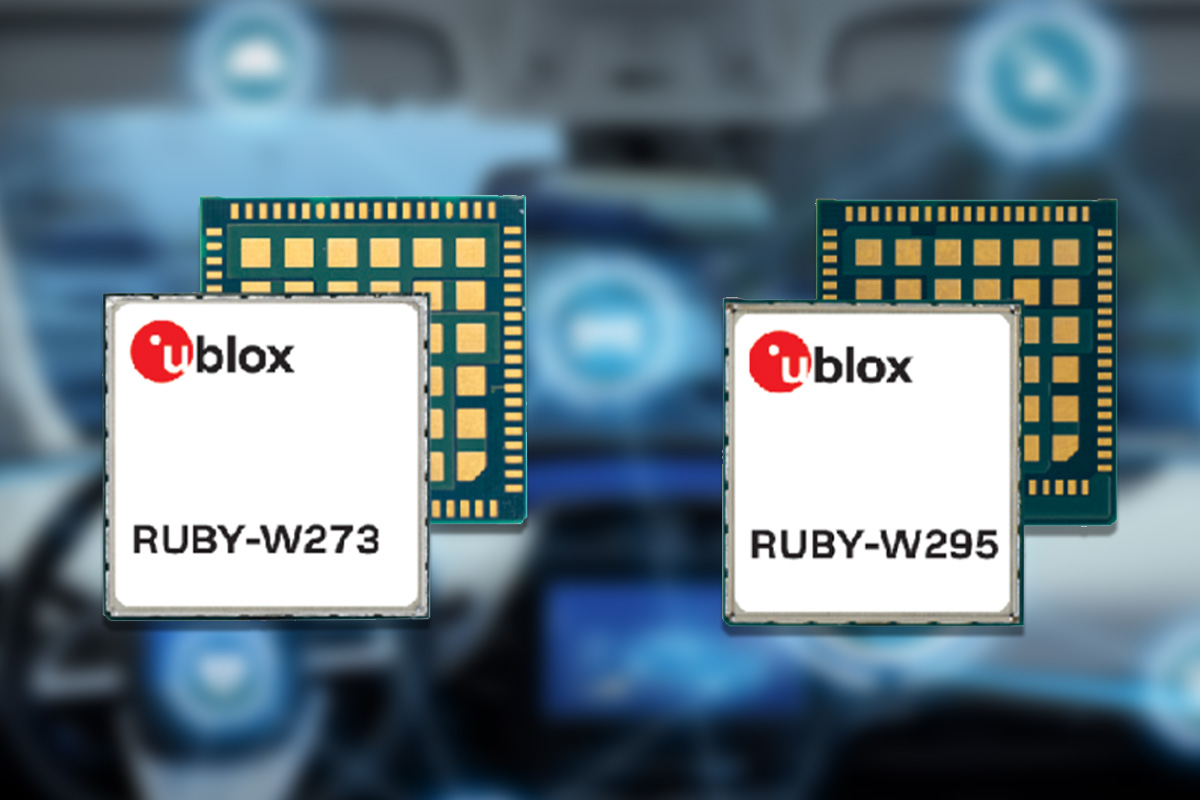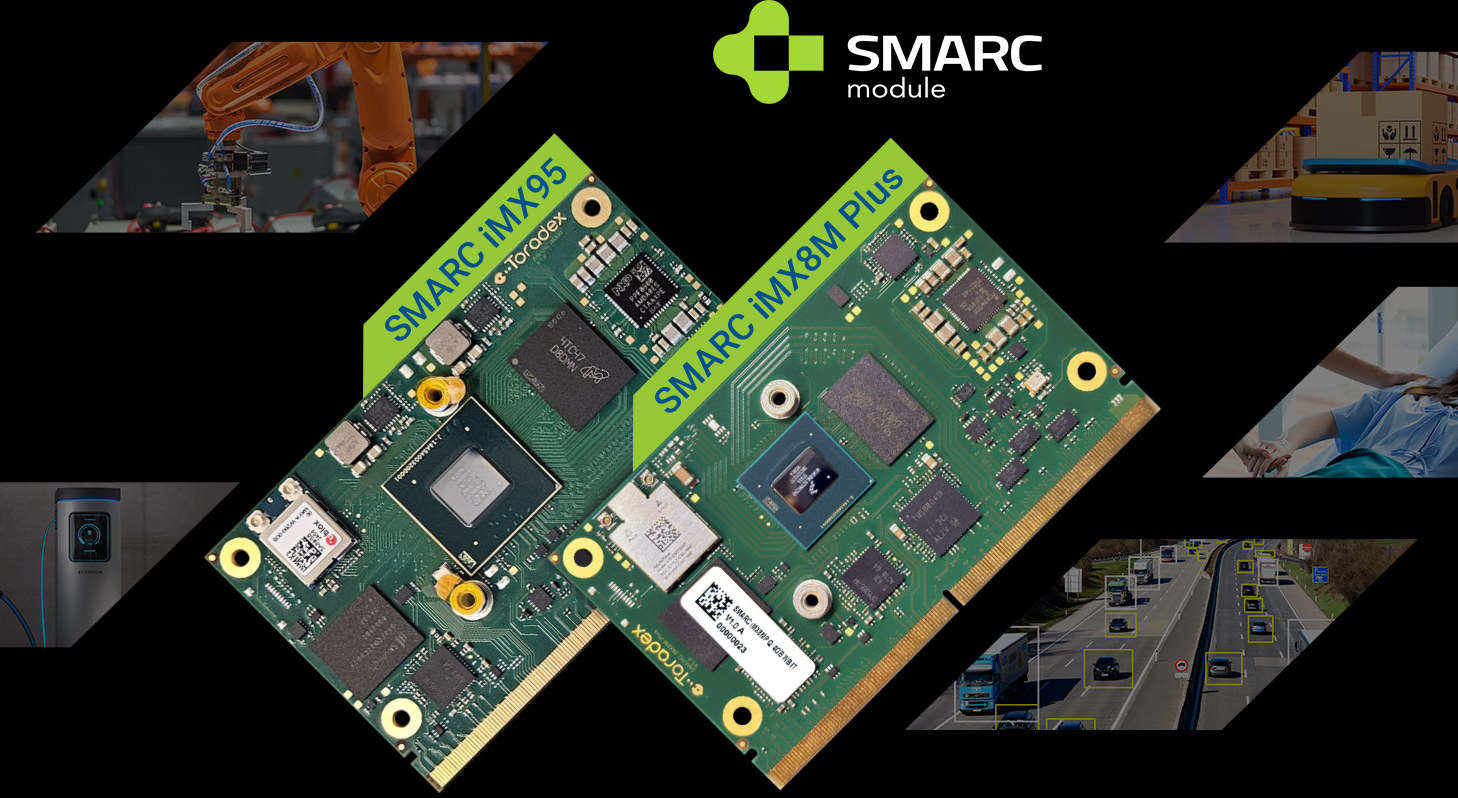The ESP32 Agent Dev Kit is an ESP32-S3-powered voice assistant that offers integrations with popular LLM models such as ChatGPT, Gemini, and Claude. Wireless-Tag says the Dev Kit is suitable for “95% of AIoT applications, from smart home devices to desktop toys, robotics, and instruments” In some ways, it is similar to the SenseCAP Watcher, but it has a larger, non-touch display and dual mic input. It however does not support local language models. It also features a standard MikroBUS interface for expansion. For voice capabilities, the ESP32 Dev Kit integrates two onboard, noise-reducing microphones and a high-fidelity speaker. The built-in infrared laser proximity sensor detects human proximity and movement for “smart interactive experiences”. ESP32 Agent Dev Kit specifications: MCU – ESP32-S3 dual-core Tensilica LX7 microcontroller @ 240MHz, 8MB PSRAM Storage – 16MB flash Display – 3.5-inch Touchscreen, 480×360 resolution Camera – 5MP OmniVision OV5647 camera module, 120° field of […]
SECO’s SMARC-QCS5430 SMARC SoM and devkit feature Qualcomm QCS5430 SoC for Edge AI and 5G applications
SECO has announced early engineering samples for its SOM-SMARC-QCS5430 system-on-module (SoM) and devkit designed to support IoT and edge computing applications. Built around the Qualcomm QCS5430 processor this SMARC-compliant SoM targets industrial automation, robotics, smart cities, and surveillance.
The module also offers dual MIPI-CSI interfaces for camera and connectivity options including USB 3.1, PCIe Gen3, dual GbE, and optional Wi-Fi and Bluetooth. SECO’s DEV-KIT-SMARC industrial devkit includes all the necessary components for rapid prototyping and integration.
Cincoze DC-1300 is a stackable embedded computer powered by Intel Processor N97 or Core i3-N305 Alder Lake-N SoC
Cincoze DC-1300 is an Intel Processor N97 or Core i3-N305 Alder Lake-N embedded computer designed for smart manufacturing that supports stackable expansion boxes (SEBs) that leverage the built-in dual M.2 B Key slots of the system to support various I/O, CAN Bus, and Fieldbus modules. The fanless rugged PC supports up to 16GB DDR5 and M.2 and 2.5-inch SATA storage (no NVMe SSD). It features DisplayPort video output, two 2.5GbE ports, four USB Type-A ports, 3.5mm microphone and line-out audio jacks, and two RS232/RS485 DB9 connectors, and additional display, networking, USB, or DIO interfaces can be added through three CMI module on the main unit and four MEC M.2 card through the optional SEB. Designed for industrial applications, the system supports a wide 9 to 48V DC input and up to -40°C to 70°C temperature range without throttling under load. Cincoze DC-1300 specifications: Alder Lake N-series SoC (one or the […]
MAIWO K2024 USB4 M.2 enclosure takes up to four M.2 NVMe SSD, serves as a 1-to-3 SSD duplicator
There are many M.2 USB4 or Thunderbolt enclosures on the market, but the MAIWO K2024 USB4 enclosure is a little different as it takes up to four M.2 NVMe 2230 to 2280 SSDs and features a button to use the device as 1-to-3 SSD duplicator. Based on the ASMedia ASM2464PDX USB4 controller, the MAIWO K2024 is suitable for people needing lots of NVMe SSD storage with high-performance random I/Os, for instance for video editing, and users needing to duplicate SSDs quickly and easily, e.g. to duplicate a Raspberry Pi OS installation on several SSDs. MAIWO K2024 key features: Chipset – ASMedia ASM2464PDX USB4/Thunderbolt 3 to PCIe/NVMe controller with USB 3.2 and USB 2.0 backward compatibility Storage Up to 4x M.2 NVMe M-Key SSDs 2230/2242/2260/2280 sizes supported Up to 32TB storage when using 4x 8TB SSDs Transfer rate of 16 Gbps with one SSD (PCIe Gen4 x1), 10 Gbps each with […]
HackCable is a wireless-enabled, USB-C keystroke injection cable powered by ESP32 or RP2040 (Crowdfunding)
HackCable is a wireless-enabled USB-C keystroke injection cable described as the “ultimate tool for cybersecurity enthusiasts and ethical hackers.” powered by the ESP32-S3 or the Raspberry Pi RP2040. The ESP32-S3 version is described as the Wi-Fi Version and offers a built-in Wi-Fi hotspot, remote operation, and master-slave configuration for multiple cables. The Normal Version is a cheaper variant powered by the Raspberry Pi RP2040 microcontroller and built for focused, offline tasks where wireless control isn’t needed. The HackCable promises hardware keylogging, remote control, and master-slave synchronization for multiple cables. We have covered other USB penetration testing tools like the Diabolic Drive and Pendrive S3, but those were USB dongles while the HackCable looks like a standard USB Type-A to USB Type-C cable. There is very little information about the product, other than the microcontrollers that power it. It is likely running SuperWiFiDuck or some other USB rubber ducky program. It […]
u-blox RUBY-W2 is a family of Wi-Fi 7 automotive-grade modules for infotainment and telematics applications
u-blox has recently released the RUBY-W2 series (RUBY-W273-05A and RUBY-W295-05A) of automotive Wi-Fi 7 modules designed for advanced infotainment and telematics applications. These modules support tri-band Wi-Fi 7 and dual-mode Bluetooth 5.4, with up to Gbps (PHY) of throughput, supporting simultaneous use cases for in-car hotspots, Apple CarPlay, and multi-client video streaming. Key features of this module include Multi-Link Operation (MLO) with Dual Band Simultaneous (DBS) and High Band Simultaneous (HBS) modes, 2×2 MU-MIMO, Bluetooth LE Audio, long-range Bluetooth, security with WPA2/3, and secure boot. The modules are based on Qualcomm’s QCA6787AQ or QCA6797AQ automotive chipsets and connect to the host via PCIe for Wi-Fi and UART/PCM for Bluetooth. RUBY-W2 specifications: Chipset Qualcomm QCA6787AQ for RUBY-W273 Qualcomm QCA6797AQ for RUBY-W295) Wireless Tri-band Wi-Fi 7 (802.11 a/b/g/n/ac/ax/be) RUBY-W273 – Dual Band Simultaneous (DBS) (2.4 GHz + 5/6 GHz) RUBY-W295 – High Band Simultaneous (HBS), any two bands (2.4, 5, or 6 […]
Queclink WR310 – A compact 5G and WiFi 6 industrial cellular router with four GbE ports, GNSS, and RS232 and RS485 interfaces
Queclink WR310 5G and WiFi 6 industrial cellular router features four gigabit Ethernet ports, a USB Type-A port, a terminal block with RS232 and RS485, and a wide 8 to 32V DC input suitable for smart manufacturing, industrial IoT (IIoT), and edge computing applications. It looks to be a more compact and cost-optimized version of the Queclink WR300 5G industrial router introduced in 2023 with global 5G coverage. The WR310 has many of the same features, but comes with less memory and storage, one less gigabit Ethernet port, and is available in three models depending on the region of operation: WR310FEU for EMEA, AP, and Brazil regions WR310FAU for LATAM markets WR310FNA for North America Queclink WR310 specifications: SoC – Unspecified Qualcomm dual-core Arm 64-bit Cortex-A53 @ 1.0GHz; likely the Qualcomm IPQ5018 or similar (Note the Qualcomm IPQ8072 quad-core Arm Cortex-A53 @ 2.2 GHz was used in the WR300 5G […]
Toradex launches its first SMARC modules with NXP SoCs for improved compatibility and supply chain
Toradex has introduced its first SMARC-compliant system-on-modules (SoMs) with the SMARC iMX8M Plus and SMARC iMX95 SoMs based on NXP i.MX 8M Plus and NXP i.MX 95 SoC respectively. The company has made proprietary system-on-modules for years with the Colibri, Apalis, Aquila, and Verdin families. Those typically are cost-optimized and use most or all I/Os from the selected SoC, but customers are tied to one supplier: Toradex. To offer more flexibility, the company decided to introduce its first standardized system-on-modules by selecting the SMARC 2.2 standard for compatibility with existing SMARC-compliant carrier boards and adding the Swiss company as an alternative supplier. Highlights of the SMARC iMX8M Plus module: SoC – NXP i.MX 8M Plus CPU Quad-core ARM Cortex-A53 application processor @ 1.6 GHz Arm Cortex-M7 real-time core @ 800 MHz GPU – Vivante GC380 2D GPU and GC7000UL 3D GPU VPU – 1080p60 video decoder & encoder AI accelerator […]


